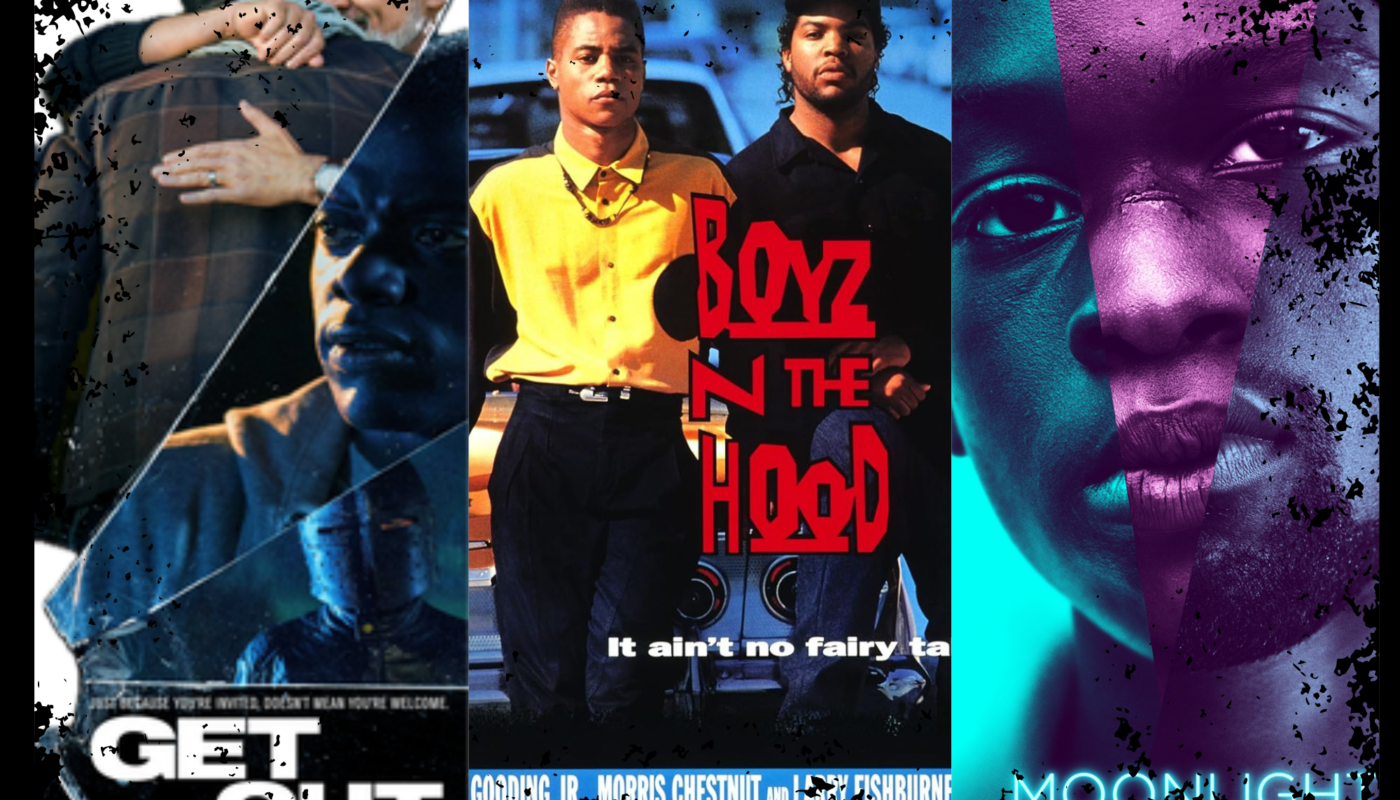Black History Month is here, meaning it is the perfect time to acknowledge and celebrate the people creating African American films for the big screen.
For decades, African American filmmakers have transported audiences into beautiful worlds and experiences through their art, however they remain underappreciated in Hollywood.
For filmmakers in Hollywood, winning the Best Director Academy Award is the highest possible achievement. As of 2025 there have been zero African American Best Director winners.
Despite making nominated films and social movements like #OscarsSoWhite, The Academy still struggles to award black directors and filmmakers for their exemplary work.
While recognition from The Academy Awards has been sparse, African American filmmakers still continue to create powerful and impactful films.
Here are three African American filmmakers who have left their mark on film history that can be watched during Black History Month:
Jordan Peele: “Get Out” (2017)
Jordan Peele was a successful comedian before he made his directorial debut in 2017 with the movie “Get Out.” The film did an excellent job of combining social commentary within a horror medium, earning the film four Academy Award nominations, which is uncommon for horror films.
While “Get Out” was a commercial success, it broke new ground within the genre of horror as a whole.
Before “Get Out,” African American figures in horror were relegated to side characters who carried stereotypes like “the black guy always dies first.”
Jordan Peele decided to shift this narrative within the genre by making the focal character an African American man, which showed Hollywood that horror movies focused around African American people, themes and culture can be both commercially and critically successful.
Barry Jenkin: “Moonlight” (2016), “If Beale Street Could Talk” (2018)
Speaking about artisan film and modern Hollywood without mentioning Barry Jenkins, one of the most quintessential directors in Hollywood today, is difficult.
Jenkins is most known for his 2016 film “Moonlight,” which took home three Academy Awards, including Best Picture, at that year’s Oscars award ceremony.
“Moonlight” is a moving film that follows the main character, Chiron, through three stages of his life. The film juggles numerous social topics, like identifying as LGBTQ+ within the African American community, but the film wraps all of its themes into a beautiful package tightly kept together by the direction of Barry Jenkins and all of the performances within the film.
With movies like “Moonlight” and his other film “If Beale Street Could Talk,” Jenkins continues to show Hollywood that you can make inclusive, grand films without big budgets.
John Singleton: “Boyz n the Hood” (1991)
Since his death in 2019, John Singleton has left a lasting impression on African American film in Hollywood. Before his death, he had made history as the first African American director and youngest person nominated for Best Director at The Oscars.
Despite only directing nine films throughout his career, he still holds the record as one of the top five highest grossing African American directors in history.
His most monumental film is 1991’s “Boyz n the Hood.” The movie is groundbreaking in various ways, but when it comes to movie history, this film proved to the film industry that African American films deserved to be on the same pedestal as any other movie coming out of Hollywood.
Before “Boyz n the Hood,” Hollywood had never seen a movie that was so unapologetically black, controversial and realistic get as much attention and critical praise as this movie did. It created a shift in the Academy’s views and opened the door for films made by people of color to start getting the recognition they had been deprived of for years.
Beyond these three filmmakers, it is important to explore and appreciate new African American films/filmmakers this Black History Month and beyond.
Ryan Coogler, the director of “Black Panther” (2018) and “Creed” (2015) once said, “What’s important to me is offering perspectives into worlds that people don’t often get to see. Do you know what I mean? From angles they don’t often get to see.”
These movies are made to present new perspectives and experiences to audiences that would have otherwise never seen the world from these new viewpoints. While Hollywood and The Academy may be less rewarding to African American filmmakers, the impact their films have is more meaningful than an Academy Award could ever be.

